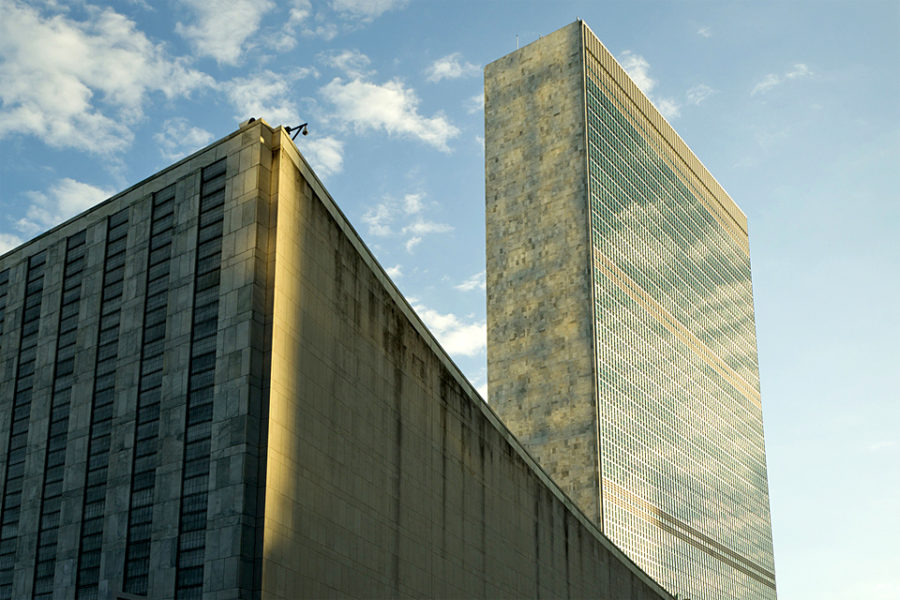Finally, it’s here. The 10th Review Conference of the Nuclear Non-Proliferation Treaty (NPT) begins today. National delegations, civil society representatives and the media are converging on New York from around the world for four weeks of intensive negotiations on some of the most sensitive, contentious and important issues for global peace and security.
This RevCon should of course have taken place in the spring of 2020. As the Covid pandemic took hold, the Conference was delayed several times, most recently after the Omicron wave forced a last minute postponement in January.
The world has changed since the last session of the Preparatory Committee concluded in May 2019—and not just because of the pandemic. Governments have changed in key capitals. Four of the five Nuclear Weapon States have revised their nuclear doctrines. New START—the last block of the bilateral US-Russian arms control edifice left standing—has been extended. Iran’s nuclear programme has never been more advanced, and the DPRK has launched a series of ballistic missile tests. China’s significant expansion of its nuclear capabilities and Russia’s development of novel, dangerous and destabilising nuclear delivery systems continue unabated.
Most egregiously, of course, Russia has launched a full-scale, unprovoked, illegal and brutal invasion of its neighbour Ukraine, in flagrant violation of the UN Charter and of the 1994 Budapest Memorandum in which Russia agreed to respect Ukraine’s independence and territorial integrity while Ukraine gave up the nuclear arsenal it had inherited from the Soviet Union and joined the NPT as a Non-Nuclear Weapon State. Russia has recklessly endangered civilian nuclear power stations, issued irresponsible nuclear threats, and betrayed the spirit of the statement on the prevention of nuclear war and the avoidance of arms races the leaders of the five Nuclear Weapon States issued on 3 January, just six weeks before the invasion.
What then can we hope for out of this RevCon? Despite—because of—the challenges the world faces, the NPT is more important than ever before. It is the only credible pathway for achieving nuclear disarmament. It is the only global legal instrument that prevents the further spread of nuclear weapons. And it provides the framework for the safe and secure sharing of nuclear technology to support the Sustainable Development Goals. So we want to see a collective reaffirmation of its status as the ultimate guarantee of global nuclear security and civil nuclear prosperity, and a recommitment to our obligations under it. We also want to reach agreement on specific issues that will strengthen the implementation of the Treaty despite the difficult political backdrop.
The UK delegation will work hard to secure this outcome. In preparation for the RevCon, we have issued a comprehensive National Implementation Report, after an unprecedented dialogue with other States and civil society. We have published working papers—on our own and with partners—on the route to a world without nuclear weapons, on deepening our understanding of the three principles of nuclear non-proliferation and disarmament (transparency, verification and irreversibility), on strengthening the safeguards regime, and on a new initiative on expanding access to the peaceful benefits of nuclear technology and applying them to a wider range of development needs.
We know many will want us to go further, and that we’ll face tough challenge and scrutiny over the coming weeks. That’s right, and why we have these RevCons. We’ll look forward to engaging in dialogue, confidently and respectfully, with all who share our commitment to the NPT, even if we disagree about the best way to achieve our common aspirations.
I’ll do my best to tweet and blog as the RevCon unfolds, but you can find everything you need about the UK’s position on all the key issues at the NPT hub on gov.uk.

